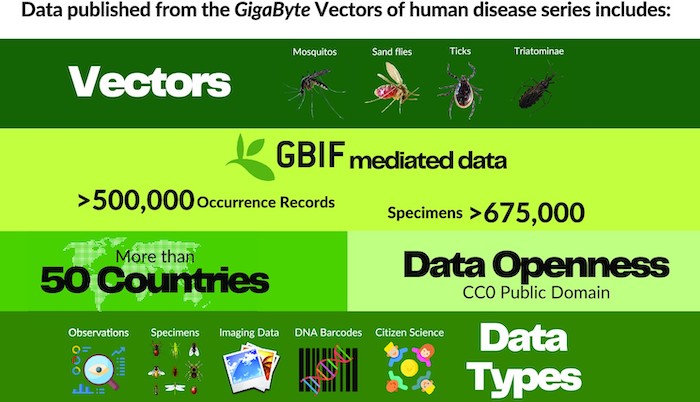
UPDATE: The deadline for the call has been extended until the 30th June.

UPDATE: The deadline for the call has been extended until the 30th June.
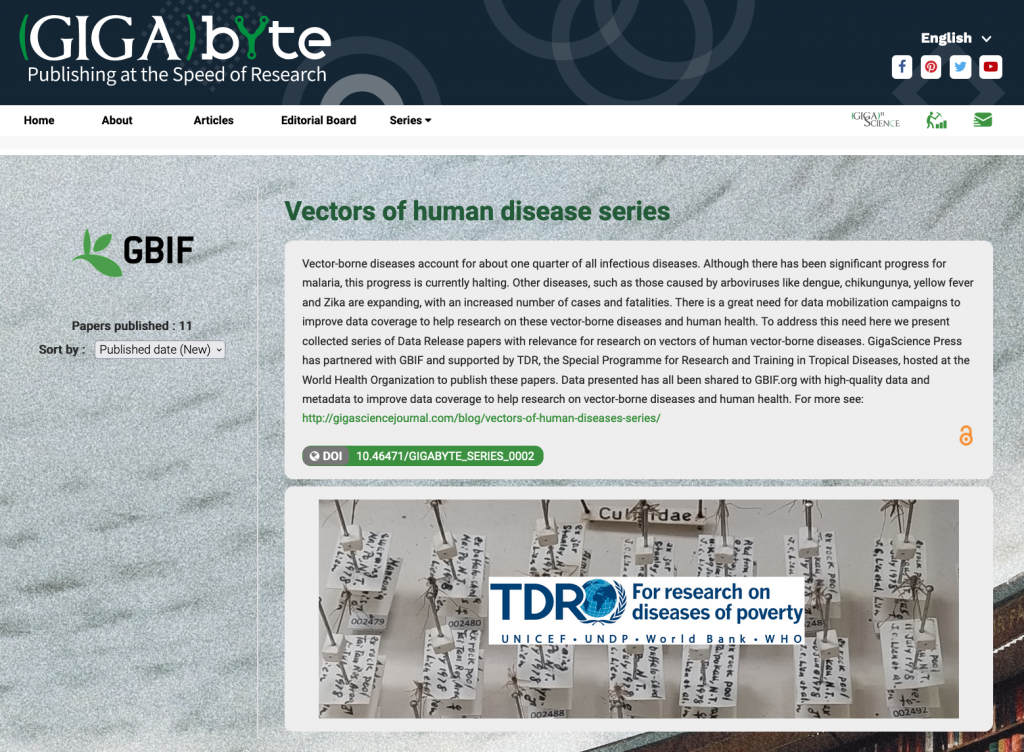
Our WHO-sponsored series of articles describing biodiversity data relevant to vector-borne diseases has now been published in GigaByte . This special issue presents a wide variety of data relating to the presence, spread, and diversity of organisms that are transmitting viruses, bacteria and parasites to humans.
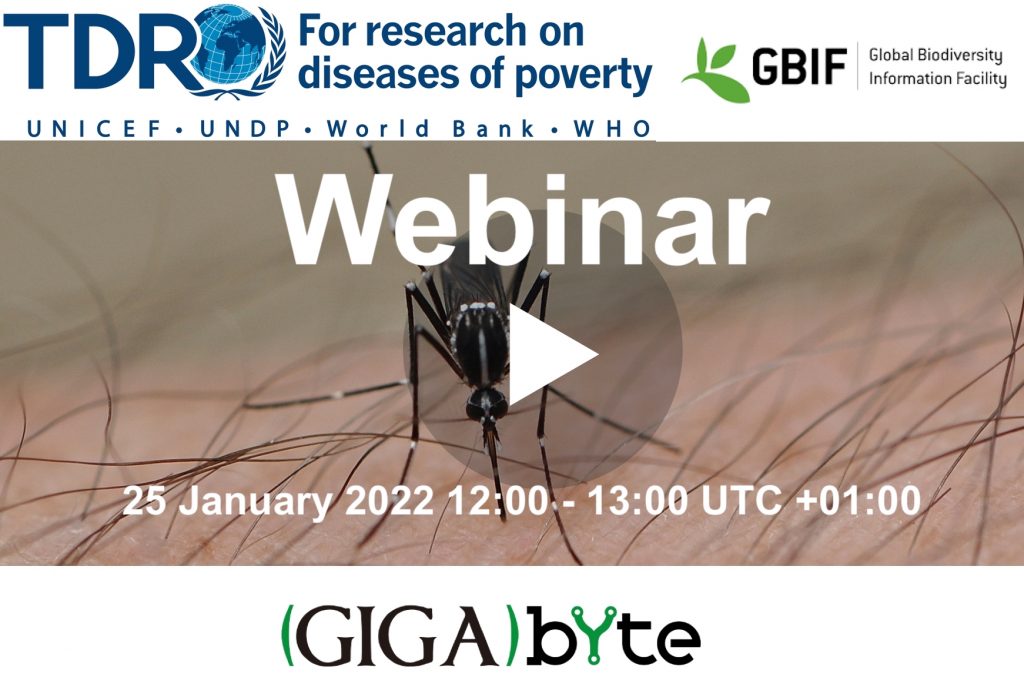
UPDATE: GigaByte and GBIF webinar video added below.

The first comprehensive mobile genome analysis application, iGenomics, is now available for download and use on an iOS smartphone . By pairing an smartphone with a handheld DNA sequencer, users will be able to create a mobile genetics laboratory, reminiscent of the Star Trek’s “tricorder”. Just published is an article presenting iGenomics, the first DNA sequencing toolkit that can run on a smartphone.
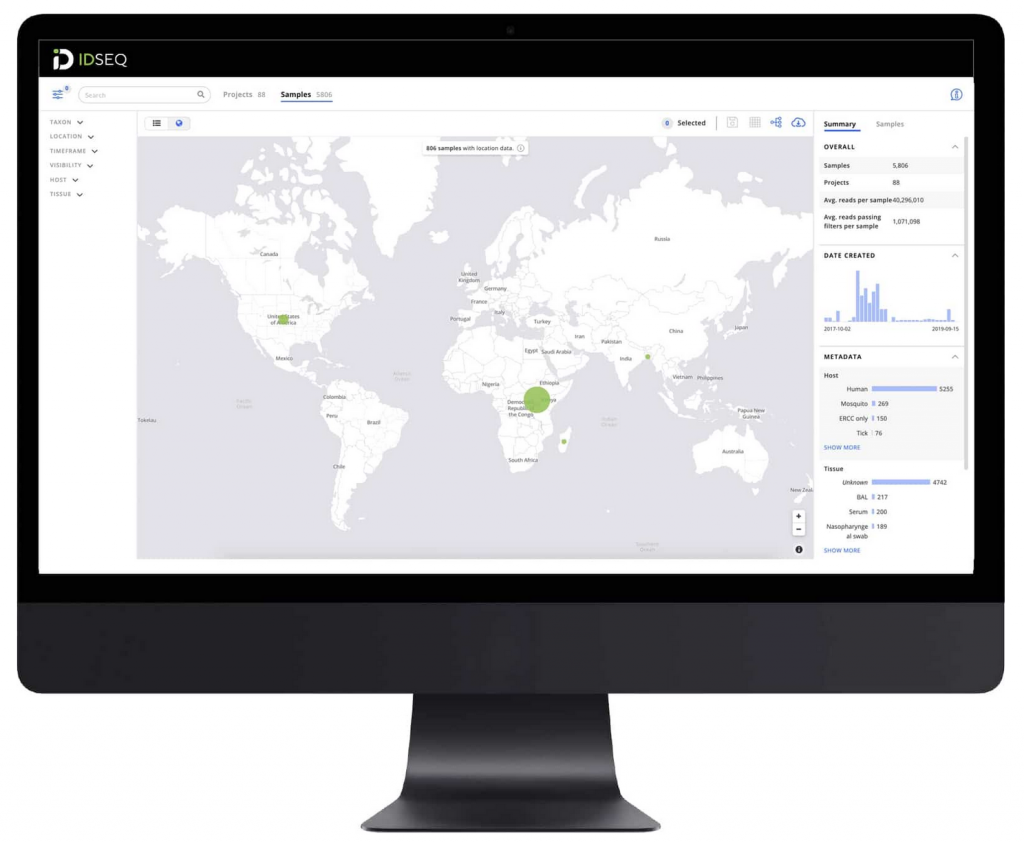
Scientists in Cambodia, who are supported by the Chan Zuckerberg Initiative, the Chan Zuckerberg Biohub, and the Bill &
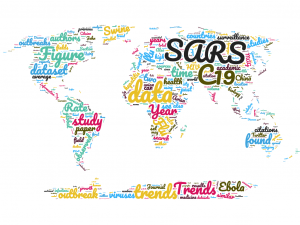
Not only epidemics themselves come in waves, also research into emerging infectious diseases has ups and downs, a Gigascience paper published today reports. The authors at Ben-Gurion University of the Negev analysed more than 35 million papers and explored research (scientometric trends) related to nine different infectious diseases.

***With ongoing the 2020 COVID-19 pandemic providing us with unprecedented insight into the progression of a disease outbreak, and unprecedented time in the lock down to turn us all into armchair epidemiologists. This includes near real-time sharing and analysis of genomics data through platforms like nextstrain, and of ways to view the infection, mortality and testing statistics via a growing number of online dashboards.

With much of the GigaScience team spanning the Hong Kong-Shenzhen border and now confined to remote working, the current 2019-novel coronavirus outbreak has been particularly disruptive and close to home.
Giardia, a protozoan parasite which people typically pick up through drinking infected water or contaminated food, can cause diarrhoea and stomach pains. New research published today in GigaScience , with supporting data in GigaDB, provides insights into the mechanisms that cause the symptoms of giardiasis. Currently more than 200,000 people are ill with giardiasis and there are 500,000 new cases a year.
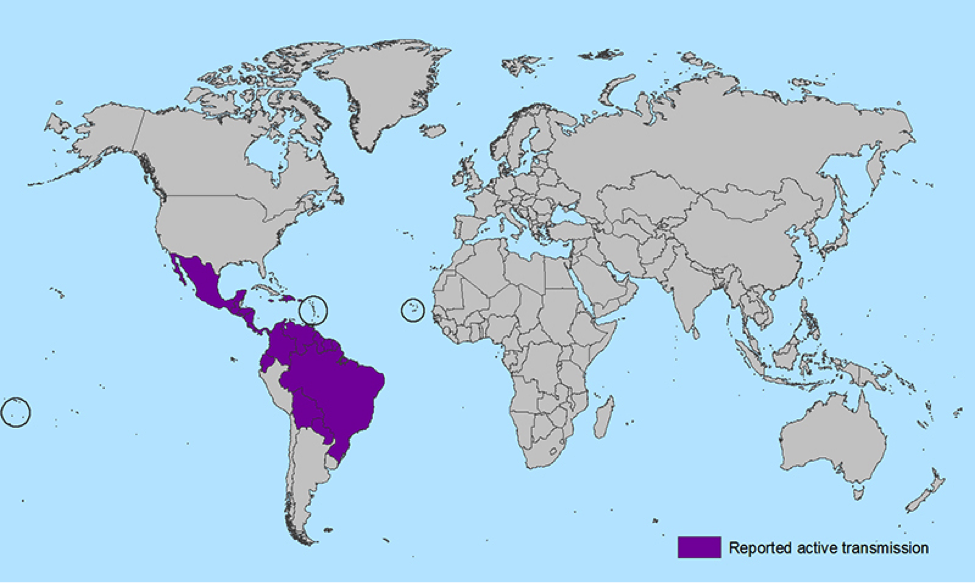
The current global panic about Zika is a “data gap“ issue: a vacuum of information due to gaps in understanding of its spread and pathogenesis, and gaps in sharing the research data and specimens that will enable the global research community to keep one step ahead of the disease spread.